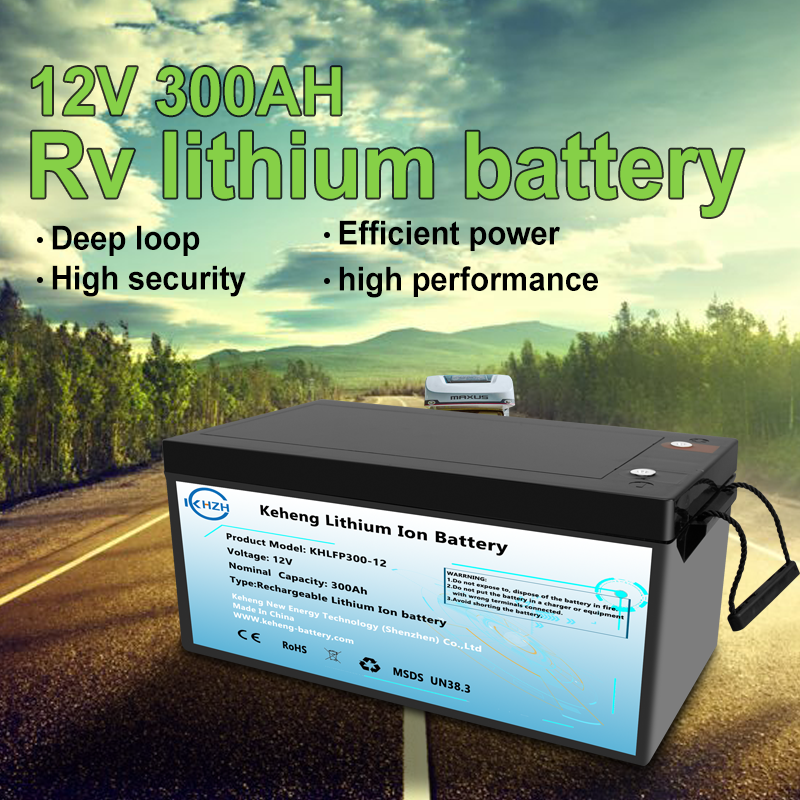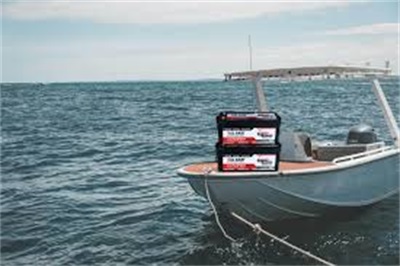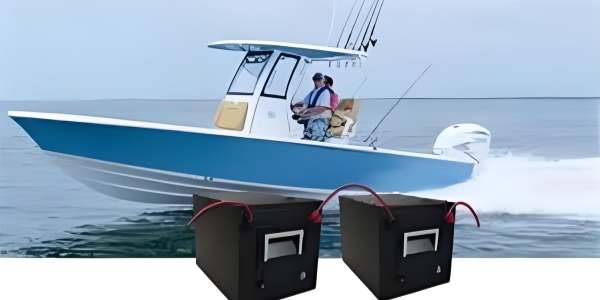Exploring the Future of Marine Lithium Iron Phosphate and Lithium-Ion Batteries
Exploring the Future of Marine Lithium Iron Phosphate and Lithium-Ion Batteries
Introduction to Marine Energy Storage Solutions
The advent of lithium-ion batteries has revolutionized energy storage across various sectors, and the marine industry is no exception. As maritime operations strive for greater efficiency and reduced environmental impact, marine lithium iron phosphate (LiFePO4) batteries are emerging as a superior alternative to traditional power sources. These batteries not only promise enhanced performance but also offer safety and longevity that are critical for marine applications.
Advantages of Lithium Iron Phosphate Batteries
Marine lithium iron phosphate batteries stand out for their thermal stability and safety features. Unlike other lithium batteries, LiFePO4 batteries have a lower risk of overheating and combustion, making them ideal for use in vessels that operate in diverse and challenging marine environments. Their inherent robustness also means they can withstand the rigors of saltwater exposure and vibrations, ensuring reliability during long voyages.
Enhanced Performance in Marine Applications
The high energy density of lithium iron phosphate batteries allows for a greater storage capacity, enabling marine vessels to travel longer distances without the need for frequent recharging. This capability is particularly beneficial for commercial shipping operations, fishing fleets, and recreational boats that prioritize efficiency and autonomy. Furthermore, their swift charging capabilities ensure that downtime is minimized, allowing for more time spent on the water.
Environmental Impact and Sustainability
In the face of increasing concerns about climate change and marine pollution, the switch to marine lithium iron phosphate batteries represents a significant step toward sustainable maritime practices. These batteries are recyclable and produced with a lower carbon footprint compared to traditional lead-acid or diesel-based systems. By adopting cleaner energy solutions, the marine industry can contribute to global efforts to protect ocean ecosystems while enhancing the sustainability of their operations.
The Future of Marine Energy Storage
Looking ahead, the future of marine lithium iron phosphate and lithium-ion batteries appears promising. As technology continues to evolve, we can expect advancements in battery efficiency, charging speeds, and overall performance. Innovations such as integrated energy management systems could further optimize energy consumption aboard vessels, paving the way for smarter and greener maritime operations.
_看图王.jpg)
Conclusion
In summary, marine lithium iron phosphate batteries are setting new standards in energy storage for the maritime industry. Their safety features, extended lifespan, and lower environmental impact make them a compelling choice for boat owners and operators. As the demand for sustainable and efficient energy solutions grows, embracing this cutting-edge technology will be crucial for the future of marine exploration and commerce. With the right investment in research and development, the marine sector can sail smoothly into a more sustainable and energy-efficient era.


